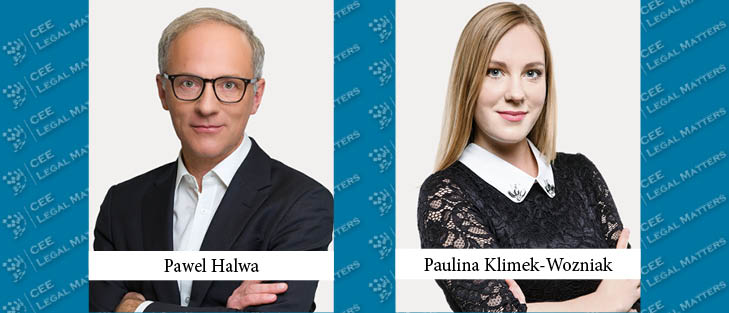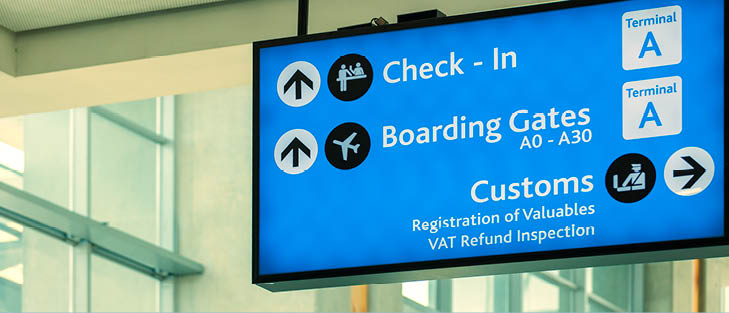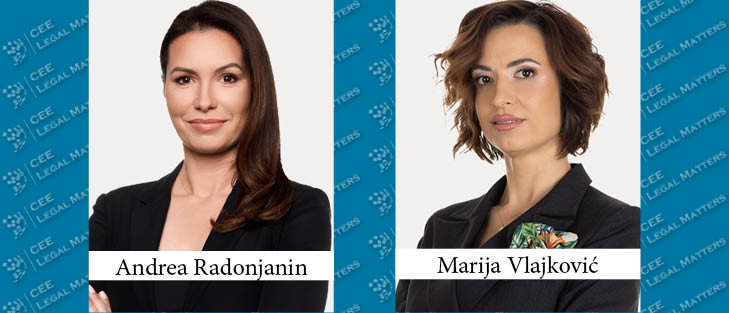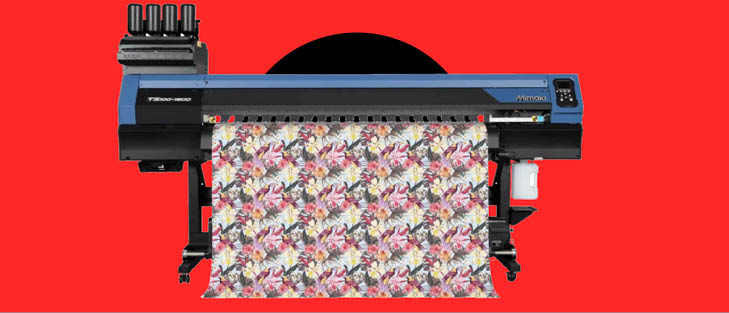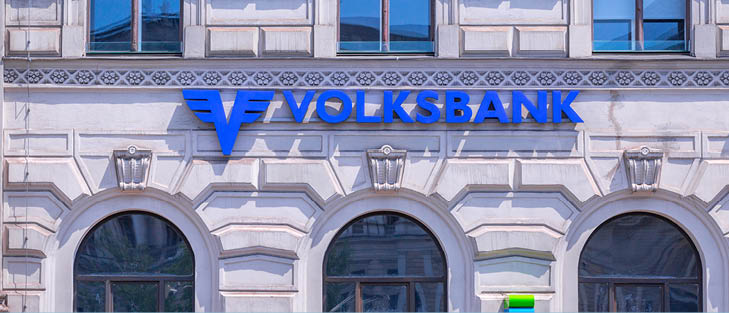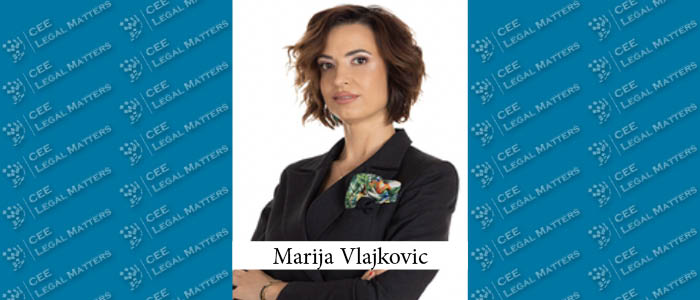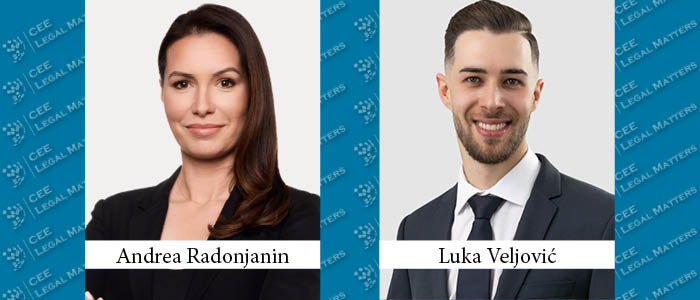Cerha Hempel has advised AT&S on its sale of AT&S Korea to SO.MA.CI.S. Schoenherr, Latham & Watkins, and Kim & Chang reportedly advised the buyers.
Poland: Tackling Greenwashing: The Latest EU and Polish Legislative Developments
In recent years, public concern about the roles of organizations in environmental issues has significantly increased. Governments, public institutions, and non-profits now demand that companies adopt environmentally friendly practices. Consumers are seeking “green” products and investors prefer companies that prioritize environmental care. This trend has led companies to adopt greenwashing strategies in marketing to attract eco-conscious consumers.
Schoenherr and E+H Advise on Insight Partners' Investment in Flightkeys
Schoenherr has advised a group of sellers of Flightkeys on an investment from Insight Partners. E+H, working with Willkie Farr & Gallagher, advised Insight Partners. Deloitte Legal-affiliated Jank Weiler Operenyi and Grohs Hofer reportedly advised other sellers of Flightkeys.
RTPR and Schoenherr Advise on PragmaGO's Acquisition of Telecredit IFN
RTPR has advised PragmaGO on the acquisition of an 89% stake in Telecredit IFN from Reconstruction Capital II Limited and Elisa Rusu. Schoenherr advised the sellers.
AI Regulation and Development in Serbia
AI is developing rapidly in Serbia and numerous initiatives are emerging daily. Therefore, a working group, which includes our Schoenherr expert Marija Vlajković, is already in the process of drafting a new Law on Artificial Intelligence. The final draft is expected by spring 2025.
E+H and Schoenherr Advise on Fisker's Restructuring and Insolvency
E+H has advised CVI Investments and Heights Capital Management on the restructuring and insolvency proceedings of Fisker. Schoenherr advised Fisker.
Schoenherr Advises Tuplex on Acquisition of Stake in Sico Polska
Schoenherr has advised Tuplex on its acquisition of a stake in Sico Polska from Aleksander Goldschnedier, Piotr Klamecki, Ewelina Malinska, and Celina Zduniak.
Schoenherr and Wolf Theiss Advise on Volksbank Wien’s EUR 500 Million Issuance and Tender Offer
Schoenherr has advised Danske Bank, Erste Group, ING, Natixis, and UBS, on Volksbank Wien’s invitation to existing holders of their outstanding EUR 400 million 2.75% fixed to fixed tier 2 notes with an interest rate reset date on October 6, 2022 to tender their notes for purchase by the company for cash. Schoenherr also advised the banks on the successful issuance of EUR 500 million 5.5% Volksbank Wien’s subordinated notes issuance. Wolf Theiss advised Volksbank Wien.
CMS Advises Erste Asset Management on Acquisition of Impact Asset Management
CMS has advised Erste Asset Management on its acquisition of Impact Asset Management. Schoenherr reportedly advised the sellers.
Schoenherr and Gide Advise on Enterprise Investors Fund IX Investment in Scan Lab
Schoenherr has advised mBank on financing the acquisition of Scan Lab by Enterprise Investors Fund IX. Gide advised Enterprise Investors.
Schoenherr and White & Case Advise on OMV's EUR 1 Billion Corporate Bonds Issuance
Schoenherr has advised OMV Aktiengesellschaft on a EUR 1 billion corporate bonds issuance with Barclays, Erste Group, Mizuho, Raiffeisen Bank International, Societe Generale, and UniCredit serving as joint bookrunners. White & Case's Frankfurt office advised the joint bookrunners.
CMS Advises Santander Bank Polska, mBank, and Alior Bank on Financing for Golebiewski Holding
CMS has advised Santander Bank Polska, mBank, and Alior Bank on a seven-year syndicated financing for Golebiewski Holding.
Schoenherr Advises Rehau Automotive on Sale of European Sealing and Extrusion Business Unit to Vintech Industries
Schoenherr, working with Gleiss Lutz, has advised Rehau Automotive on the sale of its European sealing and extrusion business unit to Vintech Industries. Taylor Wessing reportedly advised Vintech Industries.
Schoenherr Advises eSky Group on Financing of Thomas Cook Acquisition
Schoenherr has advised eSky Group on the financing of its acquisition of Thomas Cook from Fosun Tourism and Culture Group. Deloitte Legal reportedly advised Bank Polska Kasa Opieki and mBank. Reportedly, Dentons' UK office advised eSky Group on the acquisition and Reed Smith advised the sellers.
Schoenherr Advises mBank on Financing for Focus Telecom Polska's Acquisition of Systell
Schoenherr has advised mBank on the financing of Focus Telecom Polska's acquisition of Systell group companies. Dubinski Jelenski Masiarz and Partners and Porebski and Partners reportedly advised Focus Telecom.
Privacy Concerns in Web Scraping: a GDPR and Serbian Privacy Law Perspective
When developing their models, AI providers use various data sets. Sometimes these are provided by their clients, as in the case of tailor-made chatbots, and sometimes the models are trained on licensed or even publicly available data.
The Status and Future Prospects of AI Regulation and Development in Montenegro
Montenegro lacks specific legal regulations or national strategies for AI, with current AI activities governed by general legal principles from existing laws. Despite the absence of detailed regulations or strong government support, public awareness of AI is relatively high, with 59.1 % of citizens familiar with the technology. Several initiatives are actively promoting the safe development and use of AI, reflecting a growing public interest in influencing future AI regulations.
Norton Rose Fulbright Advises Panattoni on Construction of BTO Facility for E.G.O.-Group
Norton Rose Fulbright has advised Panattoni on the construction of a new built-to-own facility in Lodz, to be developed for E.G.O.-Group. Schoenherr reportedly advised E.G.O.-Group.


